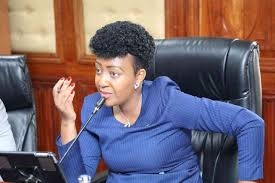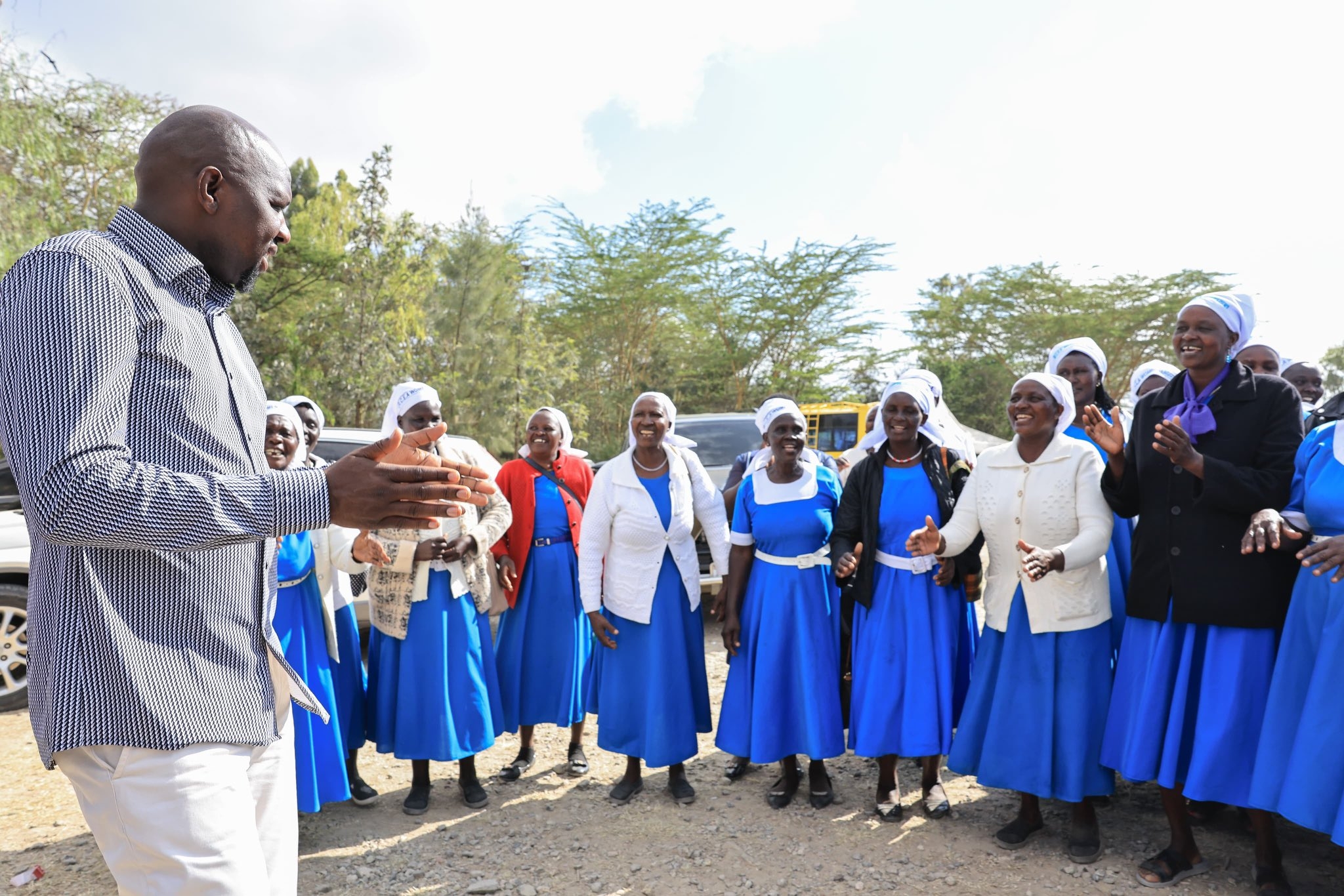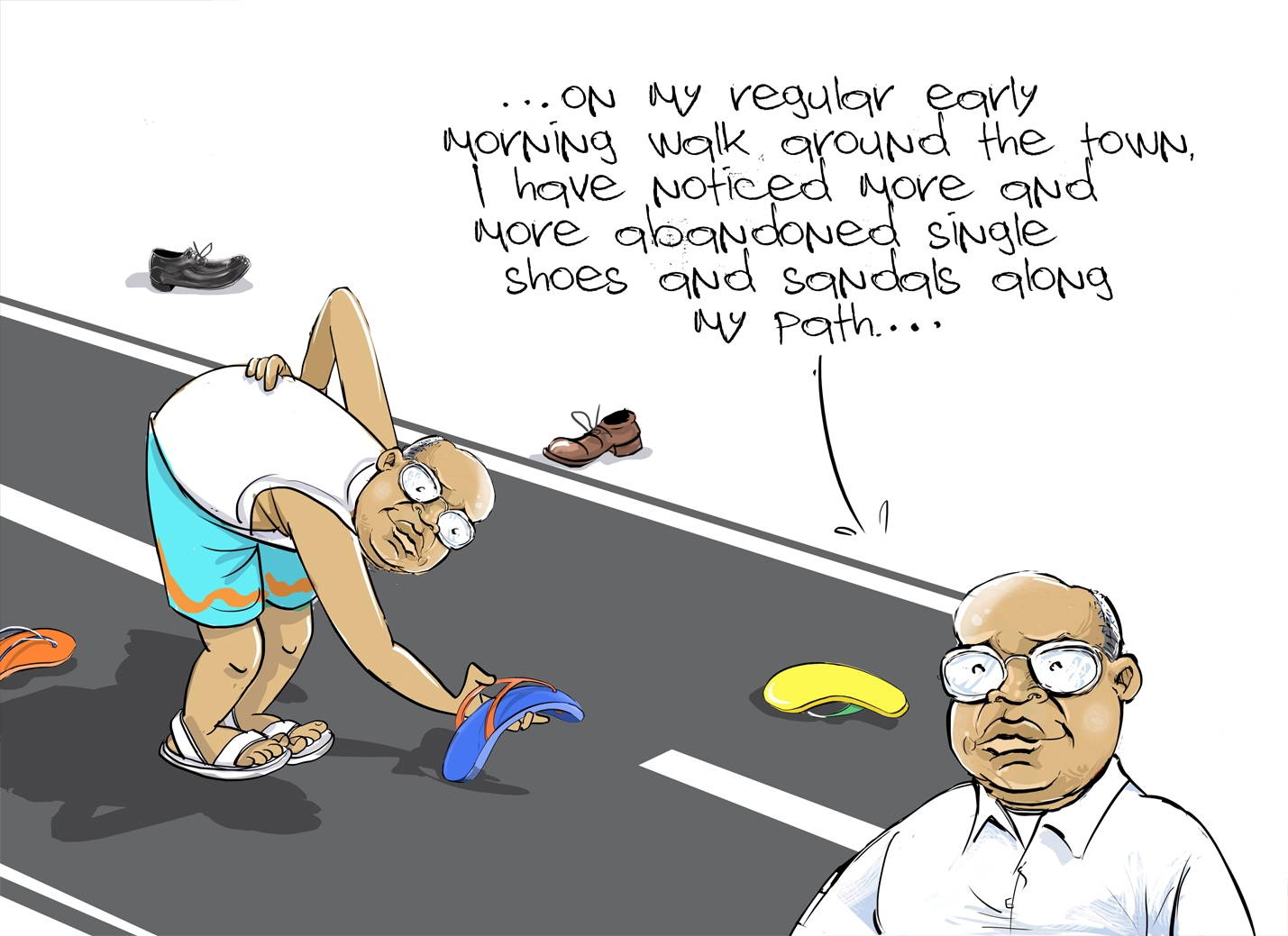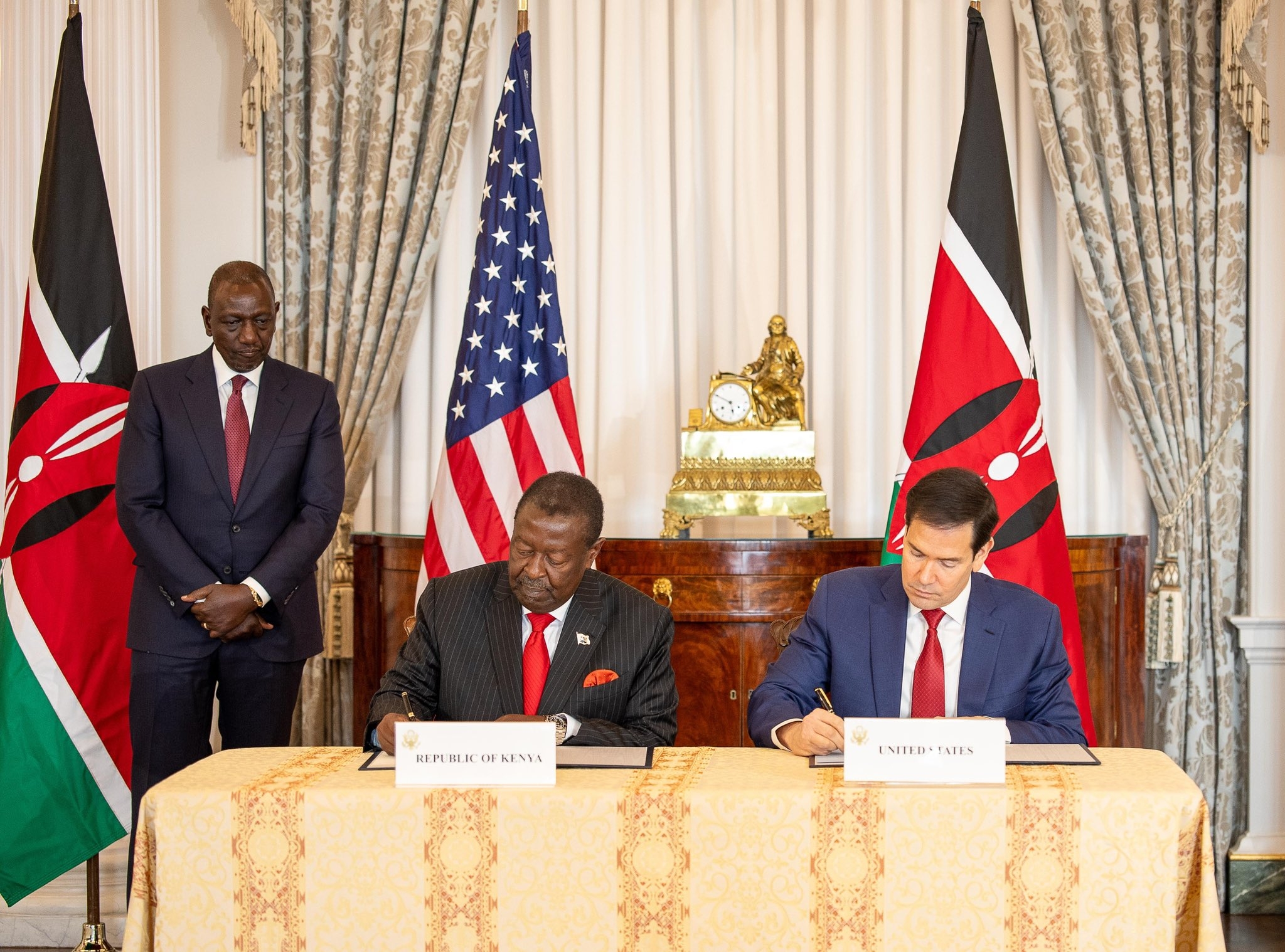The Kenya National Union of Teachers has defended the move by the Presidential Working Party on Education Reforms to have Junior Secondary Schools domiciled in primary schools.
This is after a section of secondary school teachers posted as JSS teachers in primary schools faulted the decision.
The teachers sought that JSS be domiciled in senior secondary schools instead.
Knut secretary general Collins Oyuu said the decision to place JSS under Comprehensive School was arrived at based on research conducted by highly experienced educational and economics experts.
"The research also included in-depth benchmarking and public participation," Oyuu said.
Oyuu said the recommendations mean well for the education system in Kenya.
He spoke on Sunday at Knut House in Nairobi where the union held its National Executive Council meeting.
On teacher capacity, Oyuu said there are over 68,000 teachers who have upgraded with diplomas, degrees and post-graduate degrees and are qualified to teach JSS learners.
He said these teachers were last regularly promoted in 2014.
This is after TSC announced that they could not promote all these teachers at once due to a strained budget.
The Knut boss said those teachers, and others who get employed from time to time have the capacity to teach learners in the JSS section.
"The notion therefore that they cannot teach JSS is absurd, disrespectful, dishonest and an abuse to them," Oyuu said.
Oyuu said in the CBC dispensation, subject areas are not aligned to teaching subjects currently being trained at universities.
He said Junior Secondary comprises of Grade 7, 8, 9.
Where English, Kiswahili or Kenyan Sign Language, Mathematics, Integrated Science, Health Education, Pre-Technical and Pre-Career Education, Social Studies, Religious Education and Business Studies, are optional subjects.
Others are Agriculture, Life Skills Sports and Physical Education as mandatory subjects and Visual Arts, Performing Arts, Home Science, Computer Science, Foreign Languages (German, French, Mandarin, or Arabic), Kenyan Sign Language and Indigenous Languages.
He said this is different from what is being offered in the universities.
Oyuu said the teachers currently teaching in primary schools who have been handling these subject areas and have undergone tooling and re-tooling are highly recommended to disseminate the right knowledge and skills to JSS learners.
On the claims by some teachers that schools lack laboratories and therefore learning is not going on at the JSS section, Oyuu said the public should know that there are three career pathways in the CBC dispensation.
"There is the talent Pillar which comprises languages and social sciences, the science technology and engineering pillar and the Mathematics Pillar, all these three areas need attention and focus. We therefore have a strong belief that sciences are an element of the system that is equally being addressed in the reforms," he said.
Additionally, the Knut boss said there are 23,286 primary and 8,933 public secondary schools in Kenya (Ministry of Education, 2013-2021).
He said this means sustaining and upholding the 100 per cent transition policy which advocates for all learners to transit to the next level of Education and is a critical pillar in the implementation of Free Primary Education and Free Day Secondary Education provisions, the grades 7, 8 and 9 must be domiciled in primary schools where there existed enough space, classrooms and other facilities to enable teaching and learning.
Oyuu urged all Education stakeholders to embrace and support the recommendations made by the Presidential Working Party on Education Reforms.
















